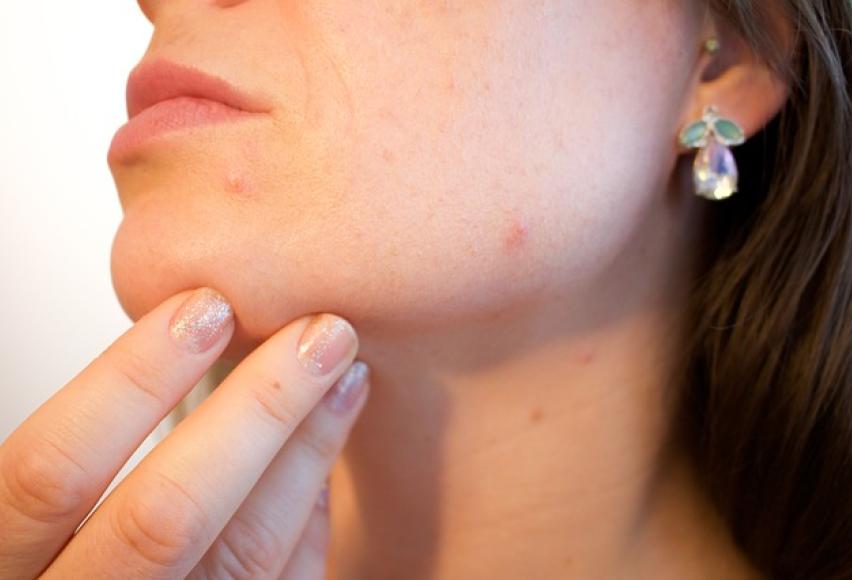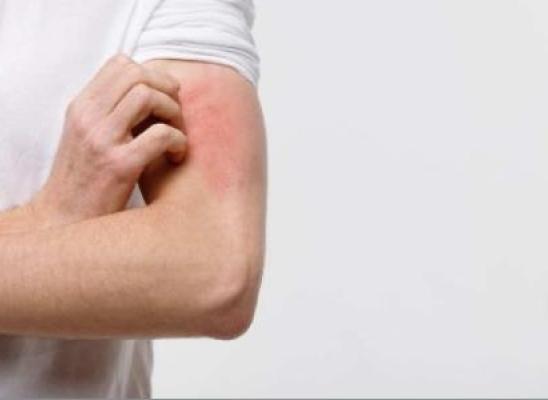Scar Prevention and Treatment

Online test
Find out the severity of your symptoms with this free online test
One of the diagnostic criteria for excoriation disorder is picking at one’s skin until wounds form. When wounds heal, they form scars which often do not go away. However, new technology can help reduce or eliminate scars. This article will talk about scars, how you can prevent them, and how to treat them.
What is a scar?
Scars can be ugly and draw attention where attention is not desired. However, part of preventing scars from occurring as well as treating scars is understanding their biological purpose. According to the American Academy of Dermatology Association, scars form when your body repairs damage to the skin. And like sealing something with duct tape, the body makes the repair thicker than the original skin, especially if the wound goes through the top layer of skin. Some scars are colored a bit differently than the surrounding skin; some are flat, indented or raised. New scars usually form with a red or pink color, but as it ages, it may turn a lighter or darker color than your skin. When your body makes a lot of extra wound-covering tissue, the scar becomes bigger than the original wound while sunken scars are those caused by inflammatory wounds such as acne or chickenpox. When inflammation causes blemishes, it also destroys the skin’s collagen.
Prevention
If you wound your skin, proper care for the wound can reduce the chance of a scar.
- Keep the injury clean with mild soap and water.
- Keep the wound moist with petroleum jelly, which will also prevent scabs.
- Cover the skin after cleaning, applying jelly.
- Change the bandage daily, each time cleaning it and keeping it moist.
- If you have stitches, follow doctor instructions to care for it.
- Use sunscreen, SPF 30 or higher, on the wound.
- If the wound becomes infected or painful, seek medical care immediately.
Treatment
Not every type of scar responds to treatment which is why consulting with a dermatologist is the best treatment route. A dermatologist can correctly identify the type of scar and the likelihood of treatment effectiveness. The following is a short list of treatments that dermatologists use:
- Pressure therapy during wound healing can help prevent raised scars.
- Silicone gel can help prevent raised scars during healing as well as help reduce the size, hardness, redness or stiffness of an existing scar.
- Polyurethane dressing can treat raised scars and possibly reduce the hardness, size or color.
- Laser treatment can be used to treat multiple scars.
- Corticosteroid injections can help reduce raised scars or alleviate itching or pain.
- 5-FU or bleomycin injections do much the same as corticosteroids.
- Cryosurgery can destroy scar tissue.
- Scar surgery can be used as a last resort.
Change your perspective
Scars may not go away. Instead of seeing them negatively, consider the following quotes and change the way you think of them. You are stronger than you think you are and perhaps your story will inspire someone else.

A scar does not form on the dying. A scar means I survived. Chris Cleave
Scar tissue is stronger than regular tissue. Realize the strength, move on. Henry Rollins
The person may have a scar, but it also means they have a story. Jodi Picoult
I think scars are like battle wounds - beautiful, in a way. They show what you've been through and how strong you are for coming out of it. Demi Lovato
Scars. A sign that you had been hurt. A sign that you had healed. Benjamin Alire Sáenz
Scars show us where we have been; they do not dictate where we are going. David Rossi
Online test
Find out the severity of your symptoms with this free online test
Start your journey with SkinPick
Take control of your life and find freedom from skin picking through professional therapy and evidence-based behavioral techniques.
Start Now



